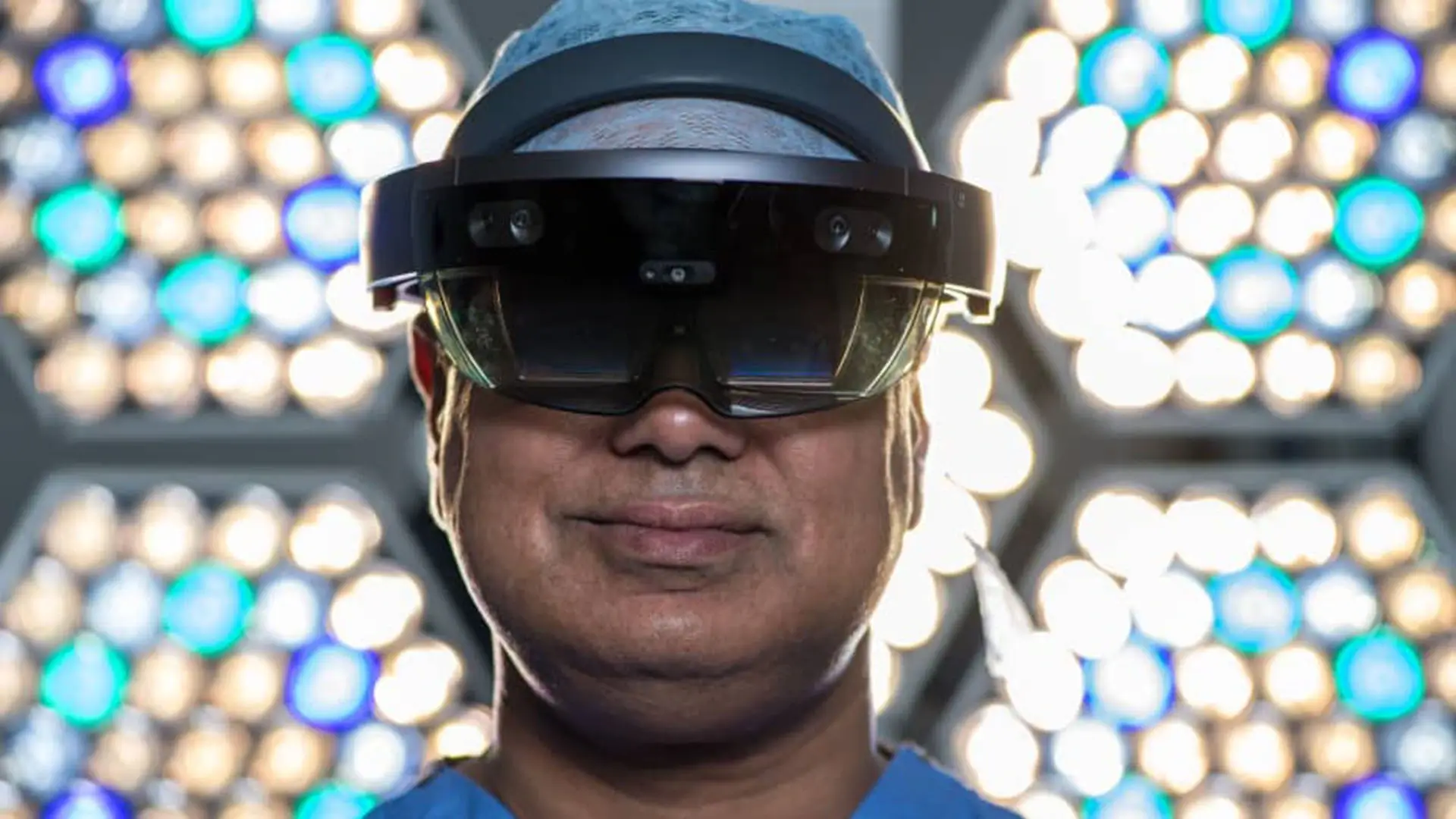The metaverse, the digital world’s Next Big Thing, is touted as the internet domain where animated avatars of our physical selves will be able to virtually do all sorts of interactivities, from shopping to gaming to traveling — someday. Wonks say it could be a decade or longer before the necessary technologies catch up with the hype.
Right now, though, the health-care industry is utilizing some of the essential components that will ultimately comprise the metaverse — virtual reality (VR), augmented reality (AR), mixed reality (MR), and artificial intelligence (AI) — as well as the software and hardware to power their applications. For example, medical device companies are using MR to assemble surgical tools and design operating rooms, the World Health Organization (WHO) is using AR and smartphones to train Covid-19 responders, psychiatrists are using VR to treat post-traumatic stress (PTS) among combat soldiers, and medical schools are using VR for surgical training.
